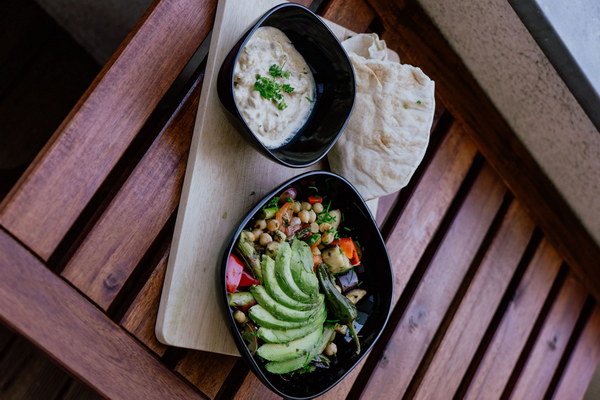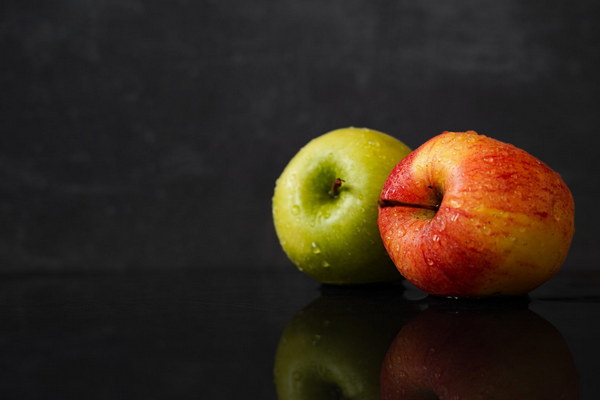Soothe Your Stomach Discover the Wonders of Nourishing Millet for a Healthier Digestive System
In today's fast-paced world, our digestive systems often bear the brunt of our busy lifestyles. With diets filled with processed foods, caffeine, and stress, it's no wonder many of us struggle with stomach discomfort and other digestive issues. That's where the humble millet comes into play. Known for its soothing properties, millet has long been cherished in traditional medicine for its ability to nurture and nourish the stomach. In this article, we'll explore the benefits of incorporating nourishing millet into your diet, and how it can help you achieve a healthier digestive system.
What is Millet?
Millet is a small, round-grained cereal that has been cultivated for thousands of years. It is a versatile crop that comes in many varieties, including brown, white, red, and black millet. Unlike wheat, millet is gluten-free and can be an excellent alternative for those with gluten sensitivity or celiac disease. It is also rich in nutrients such as fiber, vitamins, and minerals, making it a powerhouse of health benefits.
Benefits of Nourishing Millet for the Digestive System
1. High in Fiber: One of the primary benefits of millet is its high fiber content. Fiber is essential for a healthy digestive system, as it helps to regulate bowel movements and prevent constipation. The soluble fiber in millet can also improve gut health by feeding the good bacteria in the intestines.
2. Soothing Properties: Millet is known for its gentle, soothing effect on the stomach. It is easy to digest and can help to reduce stomach discomfort, bloating, and gas. This makes it an excellent choice for those with sensitive stomachs or those recovering from gastrointestinal issues.

3. Rich in Nutrients: Millet is packed with essential nutrients that support a healthy digestive system. It contains B vitamins, which are vital for digestion and energy production. Additionally, millet is a good source of magnesium, a mineral that helps to relax the muscles in the digestive tract, further promoting healthy digestion.
4. Gluten-Free: For those with gluten sensitivity or celiac disease, millet is a gluten-free option that can be easily incorporated into the diet. By choosing millet over gluten-containing grains, you can reduce the risk of stomach discomfort and other digestive issues associated with gluten intolerance.
Incorporating Nourishing Millet into Your Diet
Now that you're aware of the benefits of millet, you may be wondering how to incorporate this superfood into your diet. Here are some delicious and nutritious ways to enjoy millet:
1. Millet Porridge: Start your day with a warm, soothing bowl of millet porridge. Simply cook millet in water or milk and add your favorite toppings, such as nuts, fruits, and honey.
2. Millet Salad: Mix cooked millet with your favorite vegetables, herbs, and a vinaigrette dressing for a refreshing and filling salad.
3. Millet Stuffed Peppers: Stuff bell peppers with a mixture of cooked millet, vegetables, and your favorite spices for a hearty, gluten-free meal.
4. Millet Soup: Create a soothing, nourishing soup by combining millet with vegetables, beans, and seasonings.
Conclusion
Incorporating nourishing millet into your diet can be a simple and effective way to improve your digestive health. With its high fiber content, soothing properties, and array of essential nutrients, millet is a versatile and nutritious addition to any meal. So why not give this ancient superfood a try and experience the wonders of a healthier digestive system?









